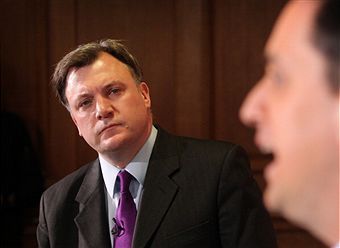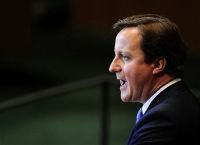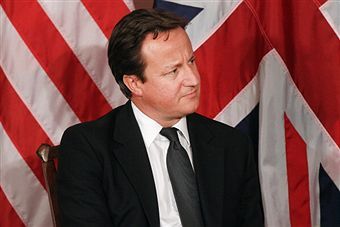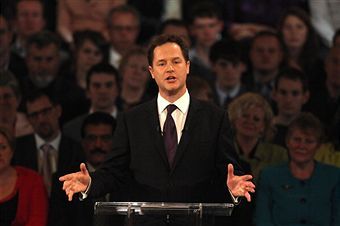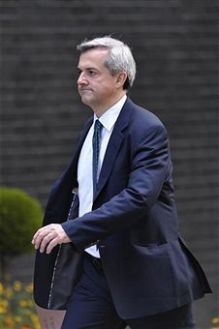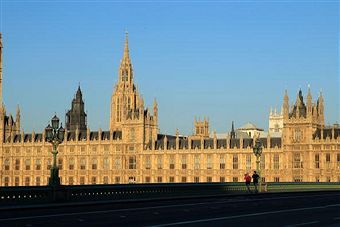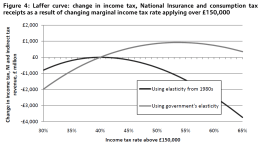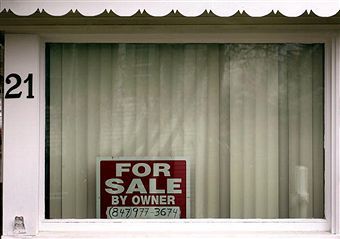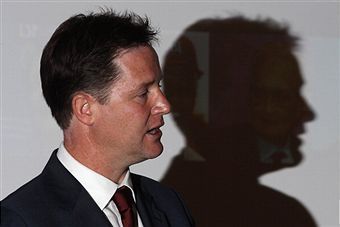Miliband’s growing argument
Ed Miliband turned in a crisp performance on the Andrew Marr show this morning. If he is having media training, it is paying off. In a clear sign of where Labour’s economic policy is heading, he constantly stressed that growth was the key to getting the deficit down. But he was far less clear on how he would stimulate the economy beyond a proposed cut in VAT. Miliband was also asked about his proposal to cut tuition fees to £6,000. I’m not convinced by the politics of this move. It leaves fees in place and raises them from where they were under the last government which is hardly a radical change or




